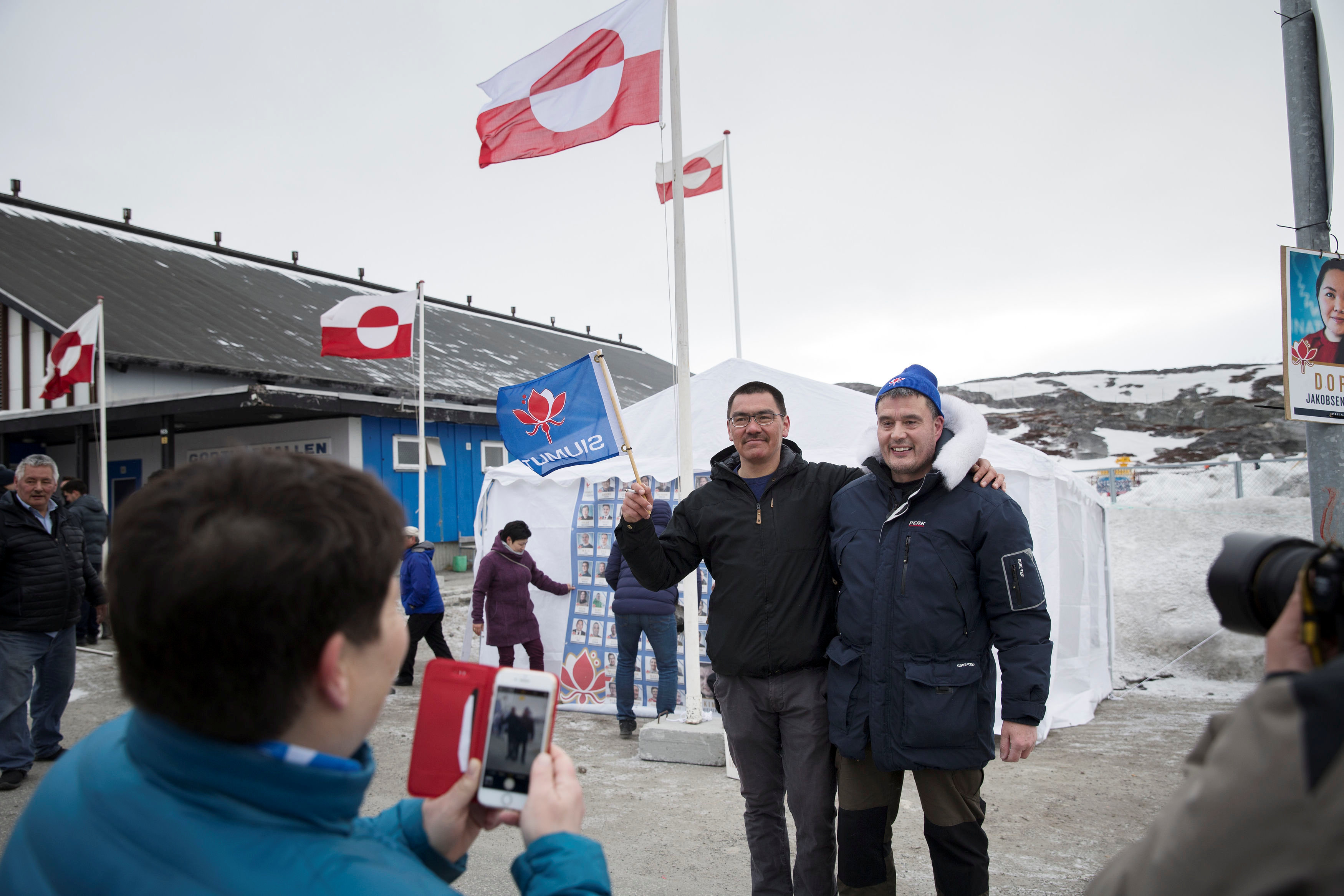Greenlandic premier avoids election, despite failing to secure majority
Potential coalition partner backs out of negotiations over concerns about divisions in the premier’s party, but pledges not to overturn minority government.

After a week of negotiations, Greenland’s centrist Demokraatit party decided today that it would not accept an invitation to join the government of Kim Kielsen, the premier and head of Siumut, its leading political party.
The Siumut-led government has been scrambling to regain its majority after losing its single-seat advantage in Inatsisartut, the national assembly, earlier this month. Failing to win the support of Demokraatit leaves the remaining three parties in the governing coalition in control of 13 of the assembly’s 31 seats.
Despite not joining the coalition, Demokraatit, according to Niels Thomsen, its leader, sees eye-to-eye with the government on several issues, including a planned airport-construction project that still need the final approval of the legislature, and would refrain from voting against the coalition, a situation which would bring it into the minority, forcing Kielsen to call an election for the second time in less than six months.
“It would be extremely unfortunate for the country if we called an election to Inatsisartut at this point,” Thomsen said in a statement.
An agreement with Demokraatit, a member of Kielsen’s first coalition, which lasted from 2014 until 2016, had been the premier’s last chance to form a majority prior to the opening of Inatsisartut on Wednesday.
The party’s decision comes after efforts to bring IA, Siumut’s traditional rival, into a grand coalition fell through earlier in the week. At the time, Sara Olsvig, the IA leader, suggested that leadership issues within Siumut, rather than differences of political opinion, were the main cause of the breakdown.
Although a coalition involving Demokraatit had been deemed as unlikely, given deep divides on key issues between Demokraatit and current coalition members, it was hoped that the four parties would find a way to paper over their differences and allow the legislature to get down to business after its spring session was shortened to two days as the result of a snap election in April.
[Politics in Greenland – Unexpected turbulence]
In explaining his decision, Thomsen echoed Olsvig’s concerns about Siumut’s ability maintain control of a broad coalition.
“The divisions within Siumut and the party’s lack of leadership make it impossible for Demokraatit to enter into a coalition with it. The risk of total chaos is simply too great,” Thomsen said in statement.
In the end, no deal was better than a deal with a party that was in a bad way.